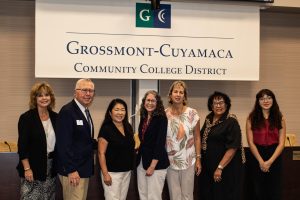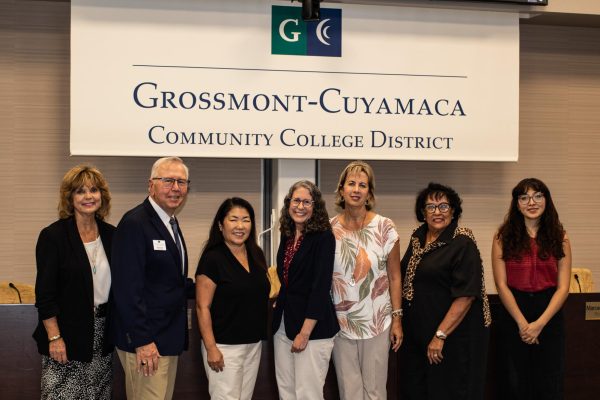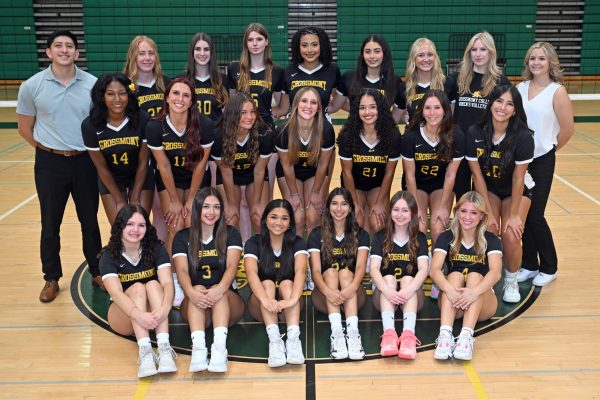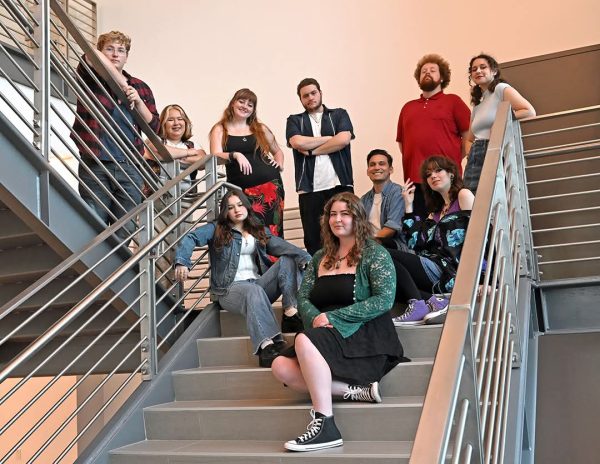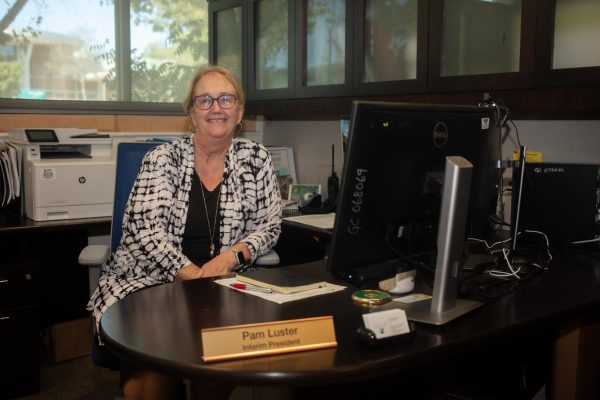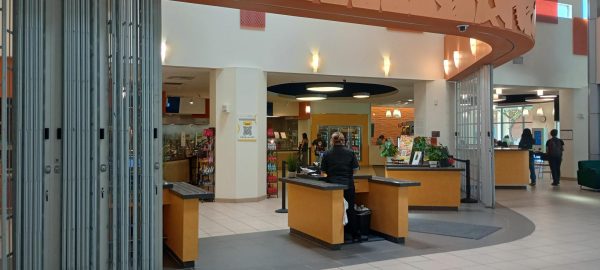Transfer Reform: Can One Size Fit All?
The state passed a new transfer reform bill that will streamline the process by adopting one pathway for students looking to transfer.
March 12, 2022
During the pandemic, many students opted to attend online classes at community colleges instead of paying a much steeper price for the same classes at a university. Due to this, community colleges across the state had a significantly larger number of students who desired to transfer after graduation.
This transfer process can be complex and confusing for many students, so Assembly Bill 928 (AB 928) was written.
“The transfer process has really been back and forth,” said Theater Major Lauryn Chapman. “Google has been my best friend.”
Chapman added the lack of transfer assistance at Grossmont College made her feel like she was wasting her time.
AB 928 was created to help California Community Colleges (CCC) deal with the complexity of the transfer process by creating the Associate Degree for Transfer Intersegmental Implementation Committee (ADTIIC). It requires students to be on one universal transfer pathway created by all three transfer committees from the University of California (UC), California State University (CSU) and CCC.
AB 928 was written by Democratic Assemblyman Marc Berman who represents the 24th California Assembly District. The bill is sponsored by the Campaign for College Opportunity, which is backed by The Gates Foundation, Lumina Foundation and more.
Some Grossmont administration, faculty and students have expressed concerns with how the bill does not solve problems with Associate Degree for Transfer (ADT) Agreements with CSU and UC. There are others who believe this process is being rushed.
“The 2023 implementation is an aggressive timeline without thinking about the various policies and operational processes that CCCs, CSUs and possibly UCs will have to undergo to prepare properly to respond,” Dr. Pearl Lopez, Academic Senate President, said in an email.
In an Informational Forum about AB 928 held on November 29, 2021, the president of the Faculty Association of California Community Colleges (FACCC), Wendy Brill-Wynkoop, said the UC and CSU schools do not have to abide by the requests made in the bill.
Along with this, Brill-Wynkoop said only 24% of students transfer from community college to CSUs and UCs with a degree, making transfer degree pathways the least effective of all transfer methods. Colleges like Grossmont will prepare their students to transfer, but spots at CSU and UC schools are given to out-of-state students instead. Fifty percent of CC students do not have a spot at state schools at all.
“It is important to note that UCs do not currently accept ADTs as pathway for guaranteed admission,” Lopez added.
Benjamin Blevins, Grossmont College’s Student Trustee on the Governing Board, contributed input on this piece of legislation before it was passed. Blevins is in strong support of the bill and pointed out that AB 928 “is the first step in a four-step process.”
Blevins explained how there is a small population of students on an actual ADT pathway at Grossmont. This small sample leads to an increased margin of error and minimizes its validity.
In addition, Blevins said one must consider the possibility students may not use their ADT when applying for transfer schools.
“You fall into four categories when you apply to a CSU,” said Blevins. “Group one is regional and ADT students from a community college. You are at the top of the pick.”
Students are not using their ADT to apply as transfer students because they don’t think it is important. Without the ADT, a student falls into group four, the lowest group. Colleges prefer already knowing that the student has completed all the required courses to successfully transfer, and using an ADT to apply provides this information.
In regards to capacity, the ADTIIC will fully tackle those issues head-on once it is implemented. Community colleges are also dealing with this problem themselves through the adoption of new four-year degree programs.
“Grossmont has applied to be able to offer three new baccalaureate degrees,” Blevins said. These three programs will free up space at CSUs and UCs and make college more accessible in general.
College in America is changing, and some would say it is for the better. Grossmont College will continue to uphold the same standards of learning whether it offers multiple transfer pathways or just one.
A sentiment echoed throughout those who support and oppose this bill: They must do what is best for the students.
This article originally appeared in the March 2022 print issue of The Summit.




